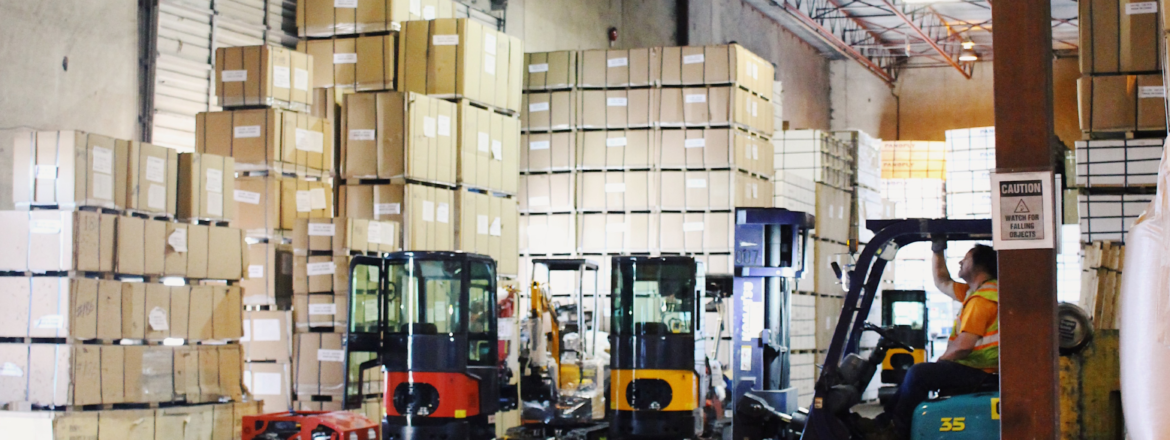Proper Packaging in an Ocean Freight Shipment
Vancouver’s leader in trucking and warehousing shares about the importance of proper packaging in an ocean freight shipment. Pack correctly and avoid unnecessary delays and added costs down the road.
Having amazing inventory on our shelves starts with proper packaging at the start of the transportation journey. We all want our goods to arrive safely at their destination and making sure that everything is packed properly can greatly reduce unnecessary stress down the road. With a majority of freight moving across the ocean, it’s important to ensure that your shipment is prepared for its journey and the handling involved.
Why is Packing Important in Shipping?
1. Protects your Goods
Good packing practice is vital for the security and safety of your goods and helps to avoid stressful claims, damages, and losses. Trying to save a few dollars on packaging without considering the movements and handling involved when transporting goods may result in costly problems down the road. Cargo can shift when it’s transported on trucks and lifted by cranes and forklifts, plus we must also not forget that the vessel soars through powerful waves at sea. Packing evenly, removing any free space, and securing items can help reduce risks.
2. Provides Important Information
Labeling correctly and having ample padding also helps minimize problems. Personnel handling your goods have no idea what the contents are inside. Correct padding and labeling ensure that all parties understand specific handling instructions including ‘this way up’, ‘handle with care’, ‘fragile’, ‘do not double stack’. Labels should be placed on all four sides of the pallet or crate to maximize visibility.
3. Avoids Delays Due to Non-Compliance
There are strict guidelines revolving around wood packaging requirements when importing into Canada. This is to help protect the Canadian ecosystem from non-native pests. Failure to comply can have your shipment held up at customs and rejected at the point of entry.
Strategies when packing for Less than Container Load (LCL) vs Full Container Load (FCL)
Less than Container Load (LCL) refers to containers that consist of a group of consolidated cargo that belongs to more than one shipper. Full Container Load (FCL) is when a container is used exclusively for the shipment from a single shipper and no space is shared.
In both instances, the following is highly recommended:
- Use strong and sturdy boxes to minimize the risk of breakage
- Double-walled boxes with two layers of stacked corrugated cardboard
- High-quality tape that will withstand changes in temperature and won’t lose its stickiness
- Palletize cargo for ease of transport with the heaviest goods being at the bottom and lightest at the top
- When possible, wrap in black shrink wrap to avoid movement and to conceal contents
- Label correctly with special instructions clearly marked
What Happens to Goods that aren’t Packaged Correctly?
You’ll be exposing your supply chain to a great deal of risk from delays to extra costs when your cargo is not packaged properly.
- Your cargo may become unsafe for transportation. On top of damaging other goods sharing the space, personnel handling your goods may become injured.
- Cargo may arrive damaged.
- Cargo may be rejected by carriers at the port resulting in delays and added costs.
At Sandhar Trucking, we strive to provide our customers with above and beyond service that ensures each and every shipment arrives on time and safely. As a leader in the trucking and warehousing industry, our experienced team is always ready to answer any questions that you may have. Our LTL / FTL trucking services span across Canada including BC, Alberta, Ontario, and Quebec and we have authorized access to all major ports and rails in Metro Vancouver.
Contact us today at (604)-276-9044 or info@sandhartrucking.com to learn how we can help your business grow!

